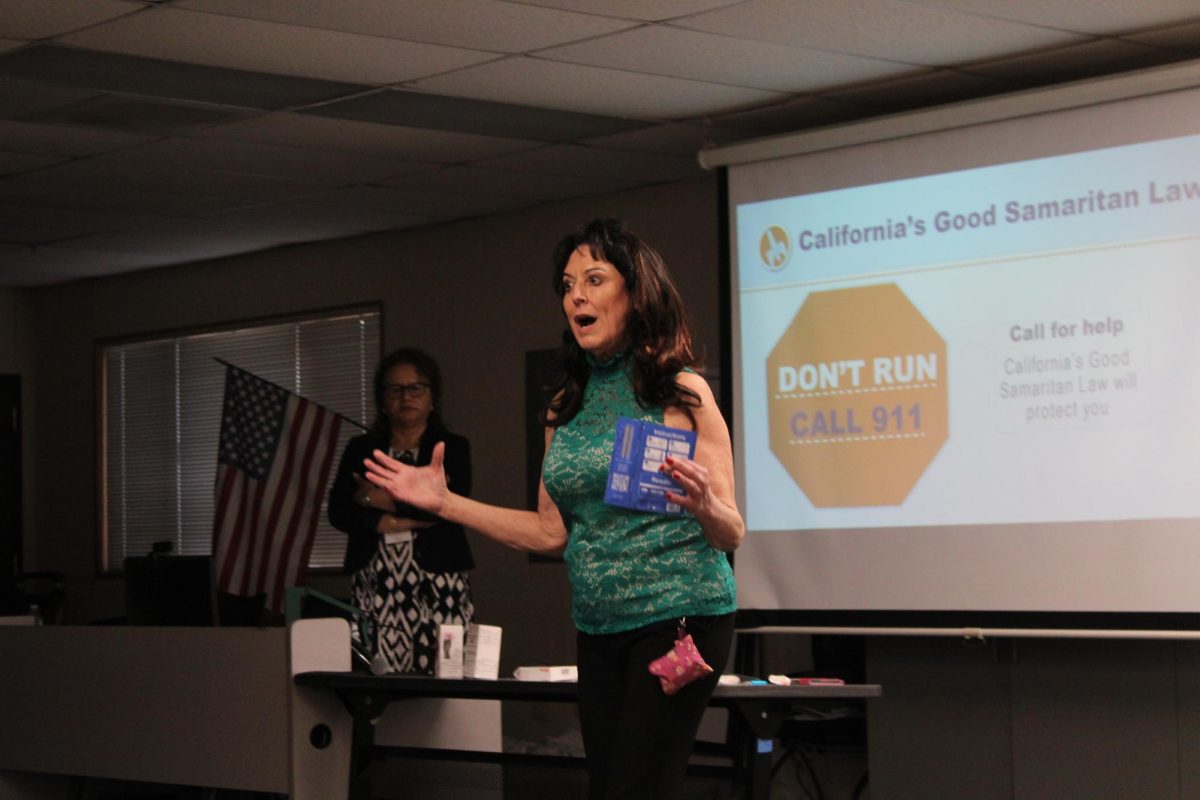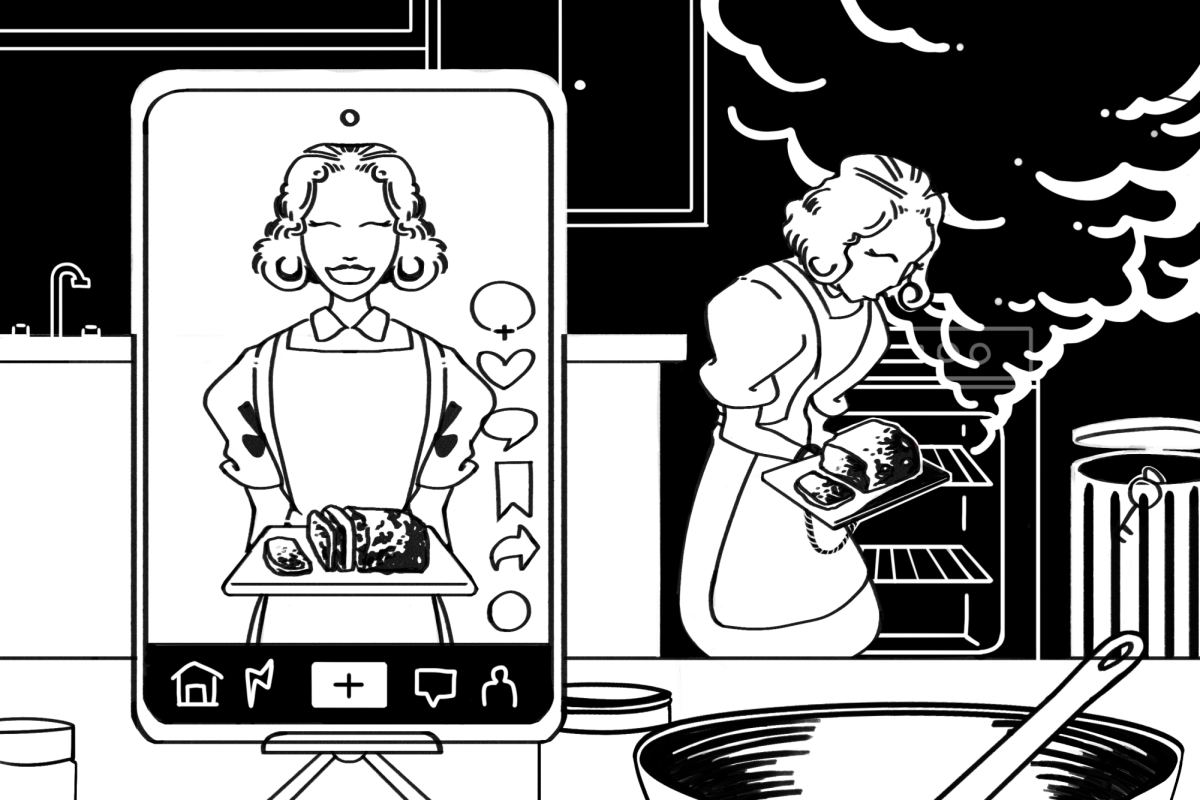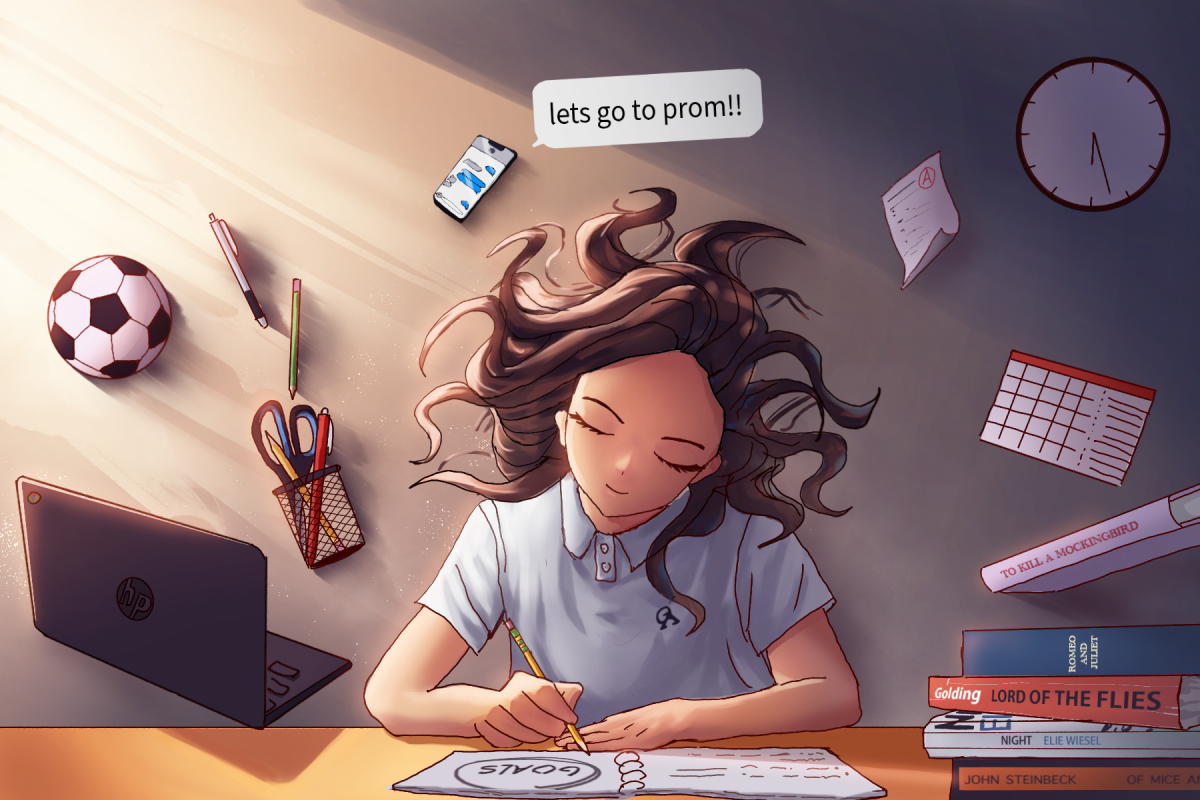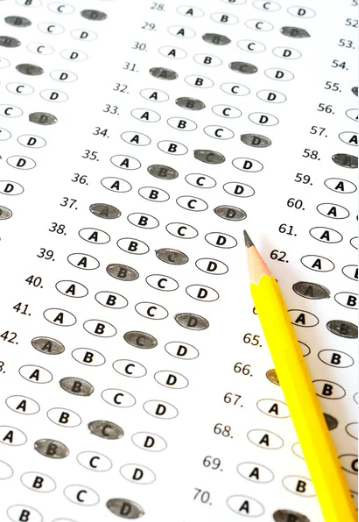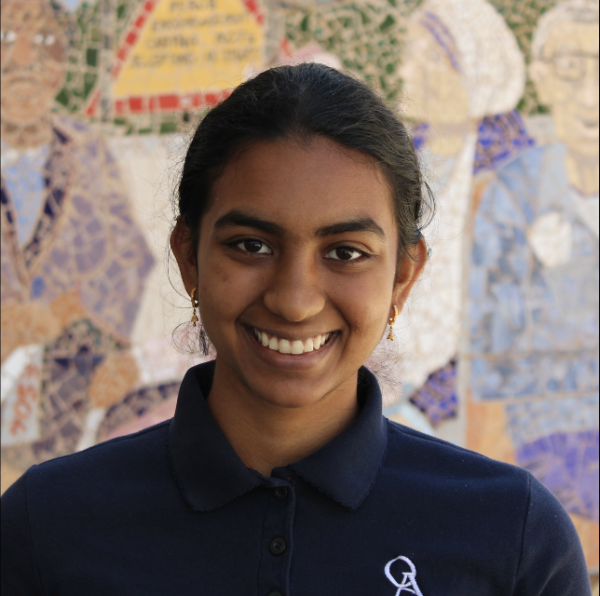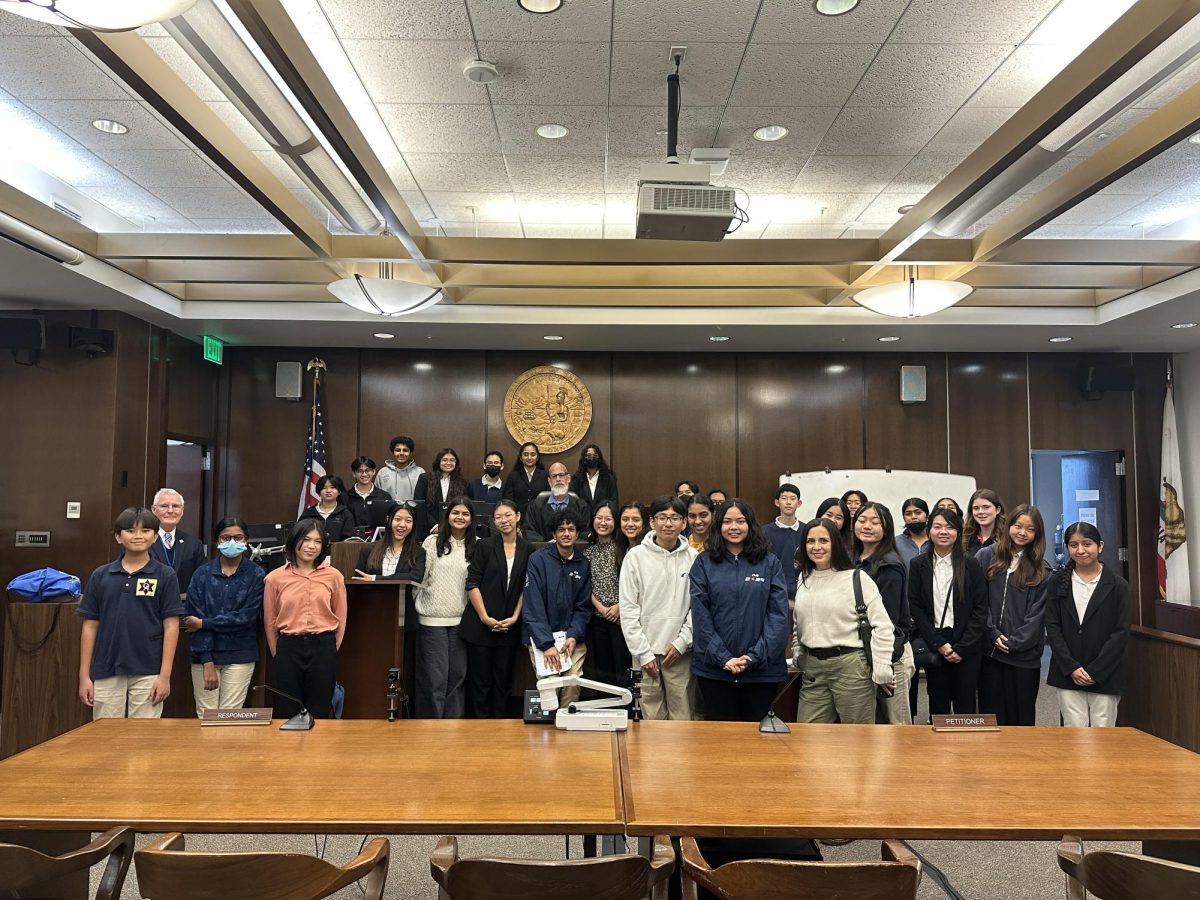Starting spring of 2024, all SAT Suite of Assessments, including the SAT and NMSQT, will go fully digital and feature an adaptive testing model. The College Board began their online transition in March 2023 through proctoring virtual tests in international SAT centers and, since Fall 2023, through digital PSAT exams.
The new model’s length will be shorter and give students 10 seconds more per question, lasting two hours and 14 minutes instead of the traditional three hours. Instead of the previous weeks-long waiting time, students will receive their scores in a matter of days after the test.
The Digital SAT Suite of Assessments Specifications Overview said, “[The extra time ensures that] the digital SAT Suite tests are measures of students’ skills and knowledge, not test-taking speed.”
Furthermore, the previous Reading and Writing sections will be combined into one. Attempting to better expose testers to a variety of literature, the new reading and writing section will feature shorter passages with one standalone question instead of long passages with multiple questions. However, some point out how shorter sections fail to capture the comprehensive analysis that the College Board claims.
“As opposed to individual passages, [longer sections of reading allows test takers] to take each question [for a passage] in context of one another, which offers deeper analysis [of the text],” junior Veronica Shao said.
The virtual exam will be more secure, with slightly modified, unique questions for each test taker to prevent cheating; thus, scores from administrations no longer need to be canceled if the question paper is leaked. However, Shao explains how this new system can be unfair.
“Different questions mean that [the College Board] is judging students on different standards,” Shao said. “Even if questions are on the same topics, the wording of the questions may change the playing field [for] students, giving some people an unfair advantage.”
Digital SAT will be using the Multistage Adaptive Testing model, and each section will contain two modules, the first having questions of various difficulties, and the second module adapting questions based on performance from the first module. The overall score is then calculated by assessing the student’s performance on different levels of question difficulty.
While the test will see new changes, certain aspects will remain unchanged. Students still take the exam in an approved testing center with a proctor, either using their own devices, ones from the testing center, or one from the College Board by request. On-demand customer service will be available on the day of the exam to address any technical difficulties, some address how added hurdles of internet problems diminish the digital SAT’s benefits.
“[Some students taking the online exam] have an added difficulty of not having internet access, but everyone can access the paper test,” junior Anshika Chimbili said. “Students will still need to travel to the SAT center, [so this change] doesn’t make a big difference.”
In order to acclimatize students to new changes, the College Board has digital practice tests on the Bluebook testing app, which will be used for the actual exam as well. However, some express concerns that the current practice available isn’t reflective of the actual test.
“It was harder to study for the [PSAT] because there was only one practice test on the College Board website, and it wasn’t adaptive,” junior Fiona Li said. “The questions were a lot easier than paper and pencil [practice tests]. The actual [digital] PSAT was surprisingly more difficult than I expected because the practice online didn’t reflect the added difficulty with the adaptive module.”
Furthermore, the test will still be out of a 1600 scale, though the scoring may not be identical to a paper exam. To accommodate, the student’s digital SAT score will be linked to a corresponding paper-and-pencil SAT score, so that stakeholders can better quantify performance.
The Digital SAT Suite of Assessments Specifications Overview states, “The SAT Suite will continue to measure the knowledge and skills that students are learning in school and [promote] college and career readiness. We’re not simply creating a digital version of the current [tests]—we’re taking full advantage of what digital testing makes possible. The digital SAT Suite will be easier to take, easier to give, more secure, and more relevant.”




